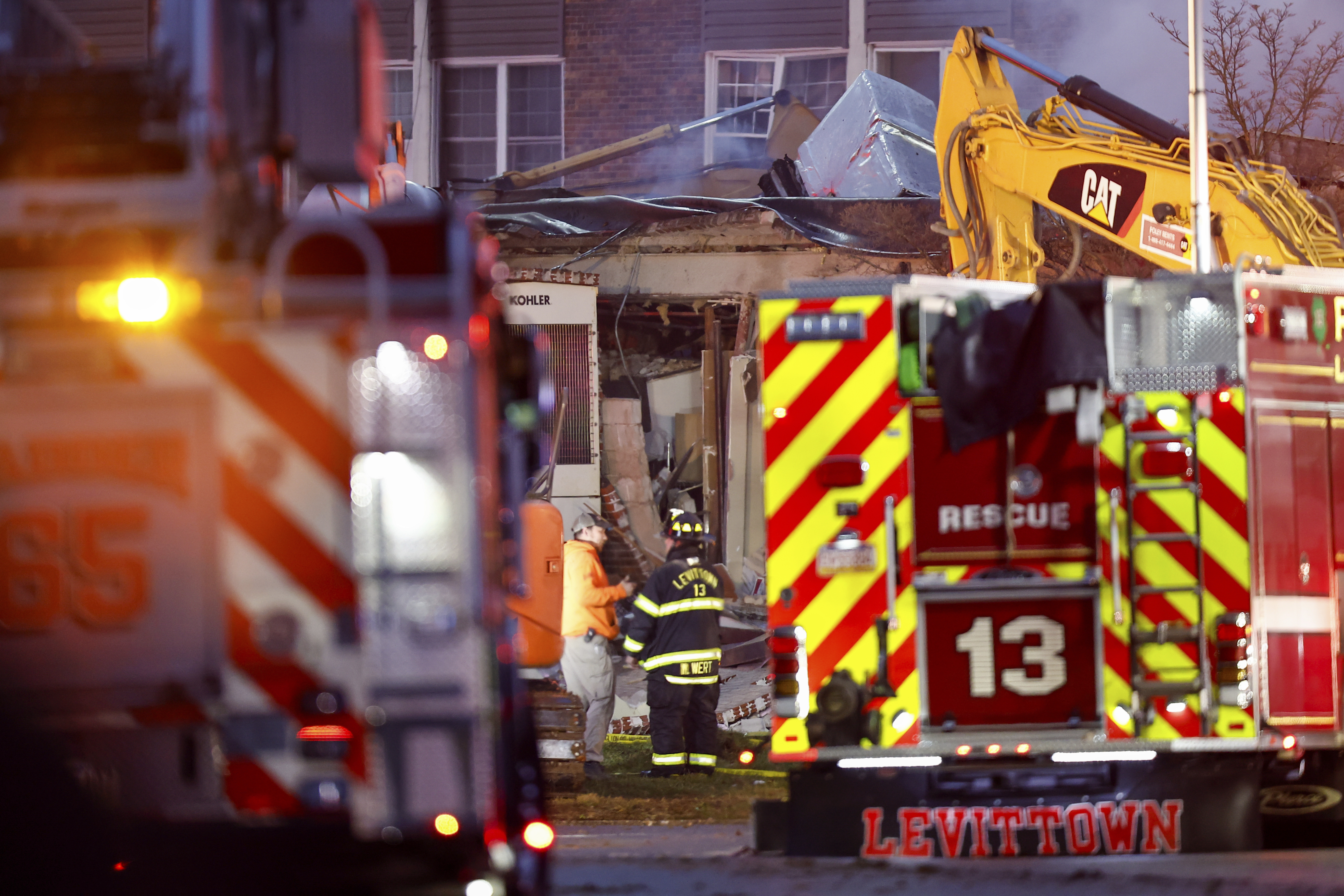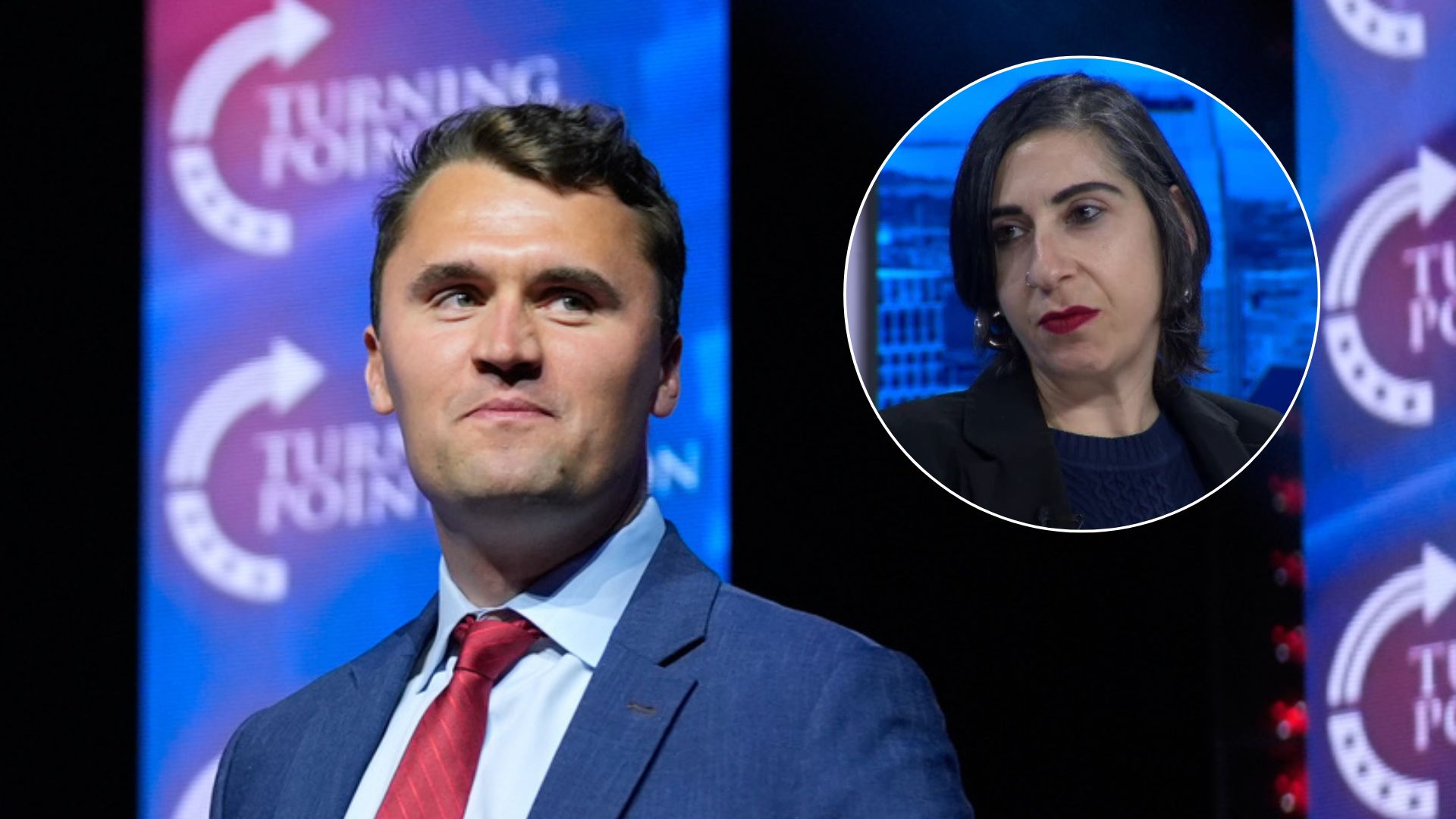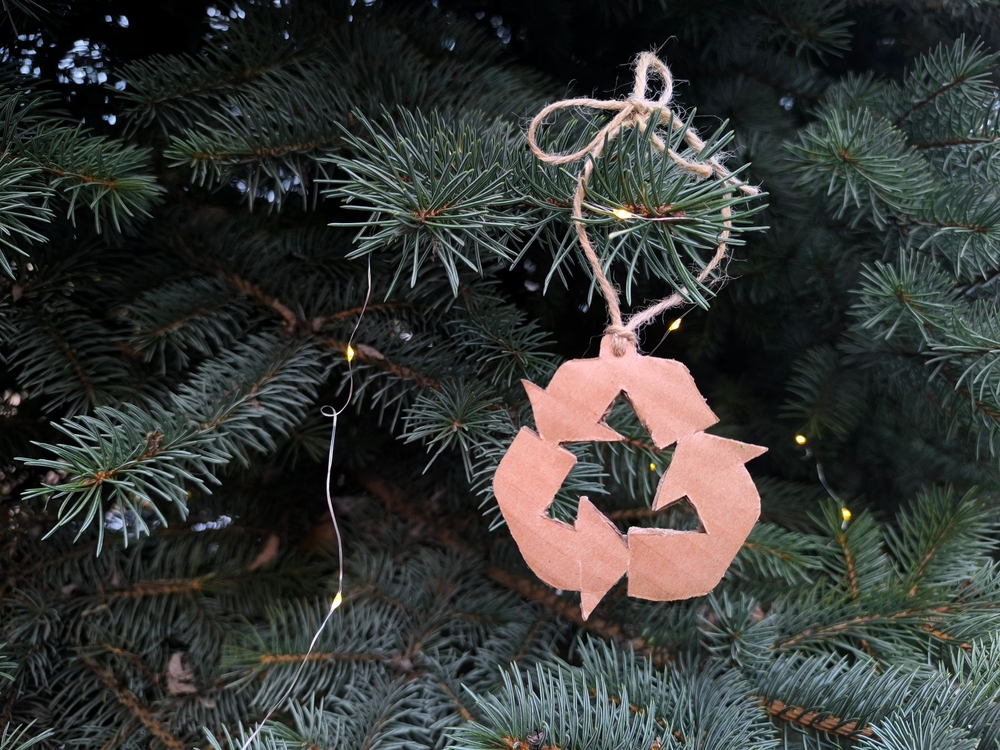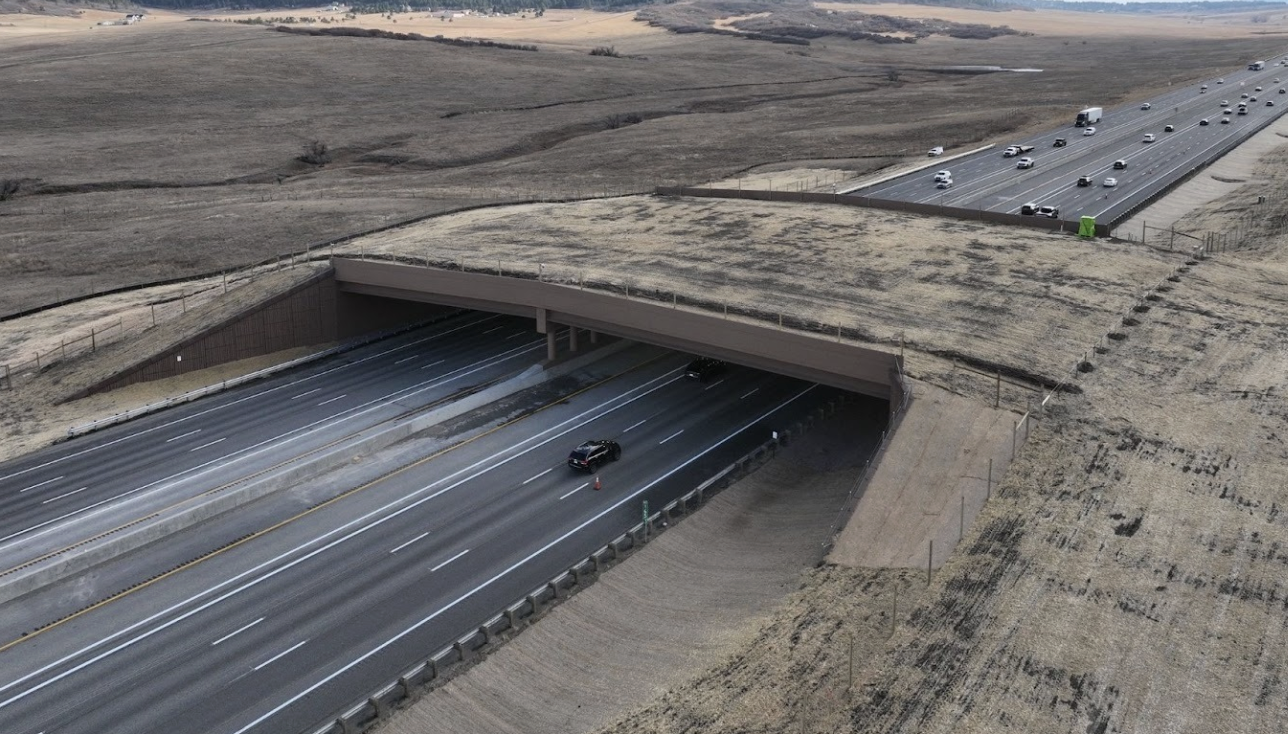As the economy contracts and governments use social distancing to fight the coronavirus, carbon dioxide emissions from burning fossil fuels have decreased in places.
U.S. energy agencies estimate CO2 from generating energy will fall by 7.5% this year. One analysis found that lockdowns in China reduced CO2 emissions for that time of year by about 18%, and kept about 250 million tons of CO2 out of the atmosphere.
These are rapid changes in carbon dioxide levels, but it's not easy to see the results right away.
"It's not that it doesn't have immediate effect," said Ralph Keeling, a geochemist at the Scripps Institution of Oceanography. "It's just that the effect is masked by other things in the short time frame."
Ralph Keeling is a geochemist at the Scripps Institution of Oceanography. He says it will take time to see the effects of reduced fossil fuel burn rates and that those effects will have to be sorted out from other signals, like weather events and the seasonal cycles from growing plants.
"I wouldn't be surprised if it was 10%, 20% or so. And a cut like that would start to show up even against these background fluctuations in a year, or maybe even less," Keeling said.
By some estimates, coronavirus measures may slow down the annual growth of global CO2 concentrations by as much as half. And every bit of CO2 that's not emitted is a bit that won't contribute to future warming.
But even big cuts during pandemics probably won't cause big swings in warming trends. CO2 from past fossil emissions is still out there.
"From most standpoints, it's almost infinite," Keeling said. "There's no quick healing of the climate system by stopping emissions. It's a much slower process."
What we can do, according to Keeling and other experts, is help that process along. The lessons from this pandemic could help us make more intentional changes for the future.
"The kind of changes that have probably happened now are something we would have to phase in, without the economic hardship, and I imagine that's doable," Keeling said. "If we phase it in over a decade or two, and then keep it going down so that that's just the first step and then downward and downward until we get something close to zero."




 Coronavirus Has Changed U.S. Vehicle Emissions — For Now
Coronavirus Has Changed U.S. Vehicle Emissions — For Now






